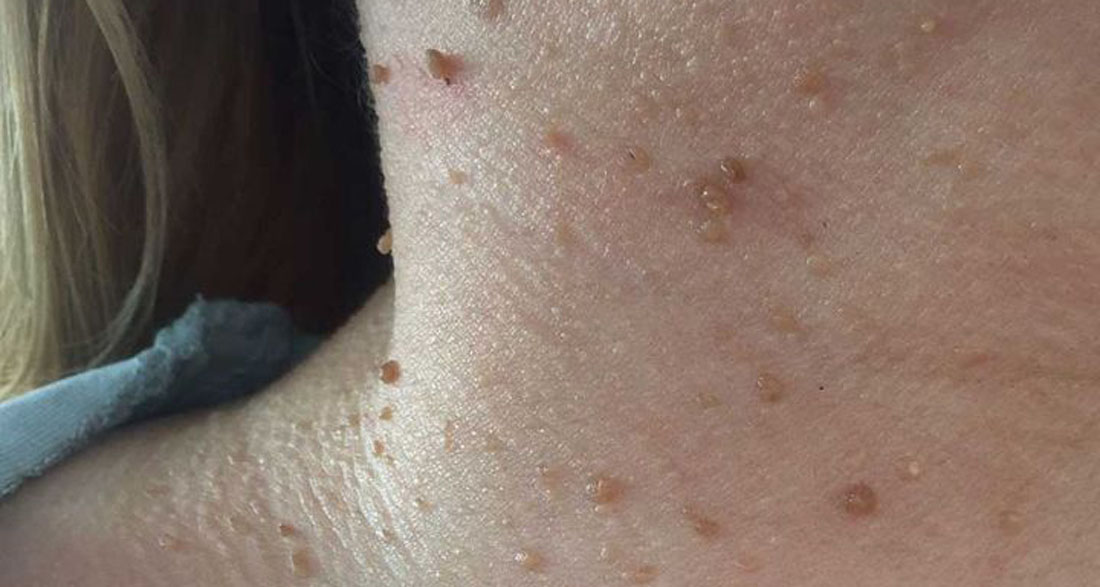Understanding Swollen Lymph Nodes: When to Worry and What to Do
Lymph nodes are tiny but mighty parts of our immune system. They play a crucial role in helping our bodies fight off germs and sickness. However, if you notice that the lymph nodes in your neck are swollen or painful, it could be a sign that something isn’t quite right.
So, when should you be concerned about a lump in your neck, and what actions should you take? Let’s break it down in a way that’s easy to understand.
What Are Lymph Nodes?
To grasp what lumps in the neck mean, it’s essential to know how lymph nodes work. Think of lymph nodes as small bean-shaped structures scattered throughout your body. They act like filters for lymph fluid, which helps remove germs, waste, and even cancer cells.
When you get sick, your lymph nodes often swell up as they work hard to trap and eliminate the invading germs. Most of the time, this swelling indicates that your body’s defense system is doing its job effectively.
When Swelling Becomes a Concern

However, not all swollen lymph nodes are harmless. Sometimes, enlarged lymph nodes can signal a more serious health issue. Here are some warning signs to watch for:
Hard or Fast-Growing Lumps: If a lymph node becomes hard, grows quickly, or feels different than usual, it could be a red flag.
Unexplained Symptoms: If you experience other symptoms like fever, weight loss, or pain that you can’t explain, it’s time to take notice.
Swelling That Lasts: If a swollen lymph node in your neck doesn’t go away after two weeks, it’s essential to consult a doctor.
Multiple Swollen Nodes: If you notice several large lymph nodes in different parts of your body, this could indicate a more significant issue.
When to See a Doctor
If you find a swollen lymph node in your neck, keep an eye on it. You should see a doctor if any of the following occur:
- The swelling lasts longer than two weeks.
- You have fever, unexplained weight loss, or persistent pain.
- The lymph node grows rapidly or feels hard.
- You notice multiple swollen lymph nodes in different areas of your body.
How Doctors Diagnose Swollen Lymph Nodes
When you visit the doctor with a swollen lymph node, they will conduct a physical examination and ask about your medical history. They might suggest imaging tests, like an ultrasound or CT scan, or even a biopsy to determine the cause of the swelling.
Treatment Options

The treatment for swollen lymph nodes depends on the underlying cause:
- Infections: If the swelling is due to an infection, your doctor may prescribe antibiotics or recommend over-the-counter pain relievers to help you feel better.
- Inflammatory Diseases: For swelling caused by inflammatory diseases, your doctor might suggest medications that help reduce inflammation or suppress the immune system.
- Cancer: If cancer is the cause, treatment options may include chemotherapy, radiation therapy, or surgery to remove the affected lymph nodes.
Conclusion
In summary, swollen lymph nodes can be a normal response to illness, but they can also indicate a more serious problem. It’s crucial to pay attention to your body and seek medical advice if a swollen lymph node doesn’t go away, grows quickly, or is accompanied by other concerning symptoms.
Remember, your health is important! If you’re ever in doubt, don’t hesitate to reach out to a healthcare professional.
What do you think about the information shared here? Have you ever experienced swollen lymph nodes? Share your thoughts in the comments below!









































2 thoughts on “When to worry about neck lumps and what to do about them”
My daughter has lumps on her head about 6 or 7. What could that mean
My daughter has about 6 or 7 lumps on her head what could that be